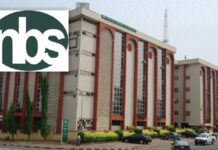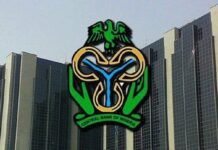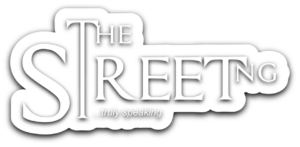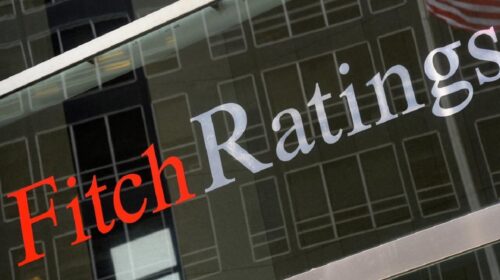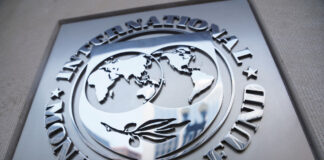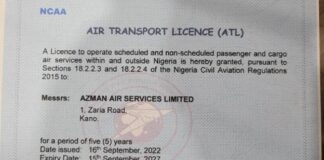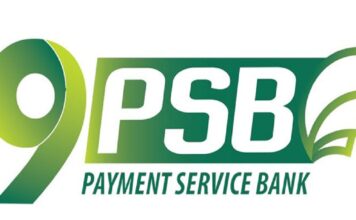Impaired Loan Ratios in Nigerian Banks Could Rise to Low double Digits- Fitch
Nigerian banks impair loan ratios could head towards low double digits in 2021, Fitch Ratings said while forecasting gradual recovery for African Banks in 2021.
In its non-rating commentary, it stated that the sector outlook for African banks is stable for 2021 as Fitch expects a gradual normalisation with business volumes and revenues picking up.
Foreign-currency liquidity risks have not materialised, particularly in Nigeria but present a significant risk to banks’ ratings.
However, Fitch says it does not expect a return to pre-pandemic performance levels for at least another two years.
It however expects asset quality to deteriorate faster in 2021 and beyond due to the lag effect of the pandemic on households and business, combined with the expiry of temporary debt-relief measures.
It added that the most likely scenario is the active restructuring of large corporate loans preventing a sharper hike in impaired loans.
Such flexibility will not be afforded to consumer and small, medium enterprise (SME) loans and these segments will drive higher impaired loans over the longer term.
The ratings firm said impaired loan ratios could head towards low double digits in some countries, particularly in Nigeria and Morocco.
Read Also: Banks Margin to Remain Pressure as Lending Rates Plunged
“Our base case is that due to still healthy revenue generation capability, most banks in the region will remain profitable despite large credit losses”, Fitch explained.
It however noted that the rebuilding of earnings will be slower for South African banks.
Though, the ratings projected that funding and liquidity will remain broadly stable.
“Banks are generally more liquid due to slower loan growth and risk aversion”, it added.
Also, Fitch rating said deposit growth will remain strong.
“Foreign-currency liquidity risks have not materialised, particularly in Nigeria but present a significant risk to banks’ ratings.
“The risk to capital comes from asset quality but our stress tests show that banks have healthy capital buffers and could withstand moderate shocks”, Fitch .
The Ratings firm hinted that fifty per cent of the bank ratings under its coverage have negative outlooks or watches compared with 35% a year ago despite multiple rating downgrades since the crisis unfolded.
Therefore, it said the rating outlook for the sector is negative.
“The negative outlooks on banks’ ratings reflect either the sovereign being on negative outlook or standalone weakness, typically around capital.
“Downside shocks to operating conditions persist as economic recovery is fragile and prone to setbacks.
“Sovereign downgrades would likely trigger bank downgrades due to the influence of the sovereign’s creditworthiness on the risk of banking in Africa”, Fitch said.
